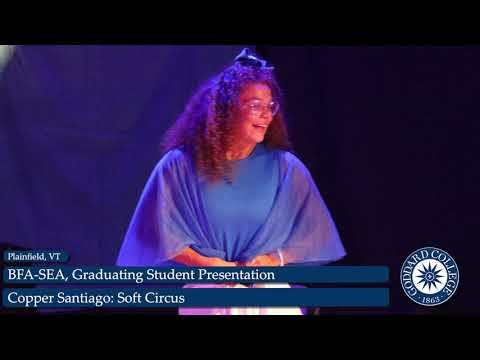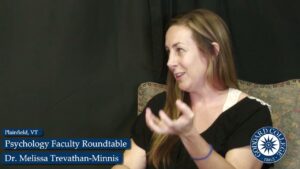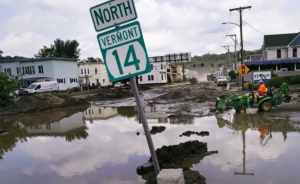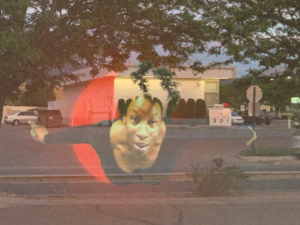
by Bernard Bull, president of Goddard College
((((ring))))
By the time that someone graduates from high school, there is a good chance that they have been through a multi-year Pavlovian experiment that consistently results in people learning to respond on command.
((((ring))))
Doing the simple math, if you attended a school that used bells between classes, you probably heard that bell ring as many as 16,000 times by graduation. Advocates might point to how this practice helps with crowd control, order, standardization, and it promotes a positive social environment. How would we possibly manage without bells? In fact, the school bell is just one of hundreds of similar efforts to cultivate order, control, and conformity in education.
I’m not arguing against the value of order or even a set of common policies and practices; but it is striking to me that many of our elementary schools, high schools, and colleges have so many such controls that the community becomes defined by them. Going to school becomes about learning the game of school and learning how to conform.
Is order and conformity what we most need from our schools? Is this what is most important for a free and democratic society? Is it this disposition that best prepares people to thrive in their lives beyond school and to be positive agents of change in their communities in the world?
For years, the World Economic Forum has been providing lists of skills that they deem important for people to thrive in what they refer to as the 4th Industrial Revolution. The top three skills that they listed to thrive in 2020 included complex problem solving, critical thinking, and creativity. Conformity and compliance didn’t even make it in their top ten list of traits. Nonetheless, the dominant systems of education offer an organizational structure and implicit curriculum that is all about learning how to follow the rules, comply, conform, and submit to the will and expectations of professors and others in authority.
I’m not suggesting that we should disrespect or devalue mentoring, insight, and expertise from faculty; or that we should get rid of reasonable systems and policies in schools. Learning to follow rules is an important part of life in a community and nation with democratic values. It is useful in many aspects of our lives. What I am suggesting is that compliance and conformity should not be the central, defining, even dominant traits of a learning community that is going to prepare people to thrive in this current age.
From the beginning, Goddard College was launched to create a different type of learning community, one where the students learn that their voice matters, that their choices are important, that they have a sense of ownership in what happens, and that they have the capacity to effect positive change in their individual lives, families, communities, nation, and the world. This means leaving some of the legacy practices of schooling behind. It means that the college faculty and administration have to help create a space where learners are not simply told what to do and how to do it. Rather, students are expected to take ownership for their own learning journey.
Each semester, students work on designing and proposing a truly personalized learning plan. The student has a choice about what to learn and how to learn it. Obviously, there are broad, program-specific requirements, but within these parameters there is immense freedom and flexibility. By being part of such a learning community, each student is challenged to be a creator and co-creator.
Let us imagine something altogether different.
Imagine the result of such a multi-year learning experience. Instead of learning to sit and stand at the ring of a bell or the many other equivalents in colleges around the world, this cultivates a creative mindset. People learn about rules and conventions, but they also learn that sometimes these rules and conventions need to be challenged or questioned. This nurtures leaders, artists, writers, educators, counselors, designers, innovators, entrepreneurs, activists, and citizens who are imaginative and engaged members of their communities; but they are also agents of change, co-creators of new, better, more hopeful, and more inspiring futures. They are people who believe in the individual and collective capacity to take on wicked problems in the world, to think deeply, and to embrace a spirit of creativity and innovation that offers hope and promise for the future.
This is part of why Goddard College exists.
We believe that co-creators of their own learning are better positioned to be co-creators of the future.
To find out if Goddard College’s unique BA and MFA low-residency programs in Vermont and Washington are right for you, go to https://www.goddard.edu/academics/







